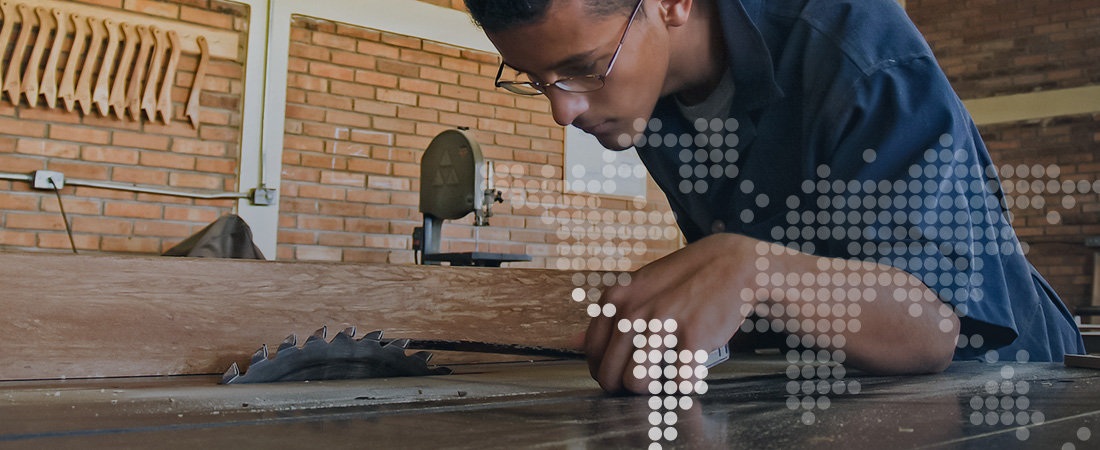
In Honduras, EDC programs provide job training for hundreds of young people.
In collaboration with education and industry partners across Latin America and the Caribbean, EDC creates basic education and workforce development programs that are relevant and tailored to respond to community needs.
Our basic education programs use interactive audio instruction—a concept we pioneered—to reach learners in settings that are both remote and lacking in necessary resources. Our workforce development programs prepare young people for available market opportunities, and we design and implement evidence-based interventions to offer young people a new, more positive course.
Projects
Resources
Drawing on its extensive work in fragile environments, EDC developed this set of case studies that chronicles best practices, lessons learned, and stories of success.
EDC’s Work Ready Now (WRN) delivers effective work readiness preparation to youth around the world. Based on international standards, WRN helps young people in emerging economies develop the soft skills and work readiness skills needed to succeed in earning a living.
This article explores the effects of EDC’s Tikichuela early childhood mathematics initiative, developed with the government of Paraguay.
A discussion paper highlighting the crucial role of youth in driving a just economic transition and accelerating climate change adaptation by connecting local initiatives with global commitments, p
EDC’s Proyecto METAS conducted a survey in three at-risk urban communities in Honduras between March and May 2013.
Interactive audio instruction (IAI) is a distance-learning technology that provides educational services, often to schools and school systems worldwide.
English for Latin America (ELA) is an interactive audio instruction program created by EDC for use in schools in Latin America.
The assessment was conducted between March and May 2013 in three at-risk communities in each of the three main urban areas of Honduras: Tegucigalpa, San Pedro Sula, and La Ceiba.
This report is part of a series of publications summarizing what is being learned “on the ground” from projects in more than a dozen countries, and is the product of the pilot phase of the first EQ
Save Our Future, a global coalition, rallied diverse voices amid the COVID-19 pandemic, emphasizing the vital link between education and the United Nations (UN) Sustainable Development Goals.